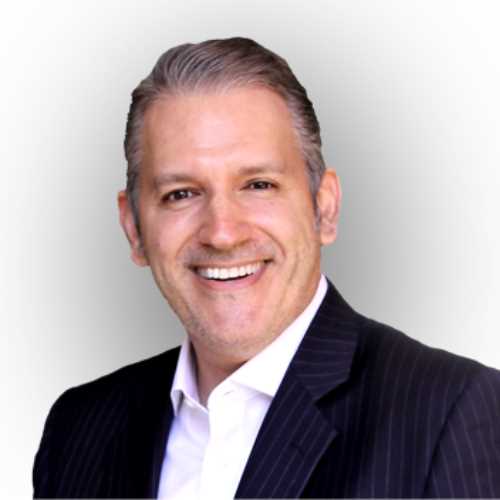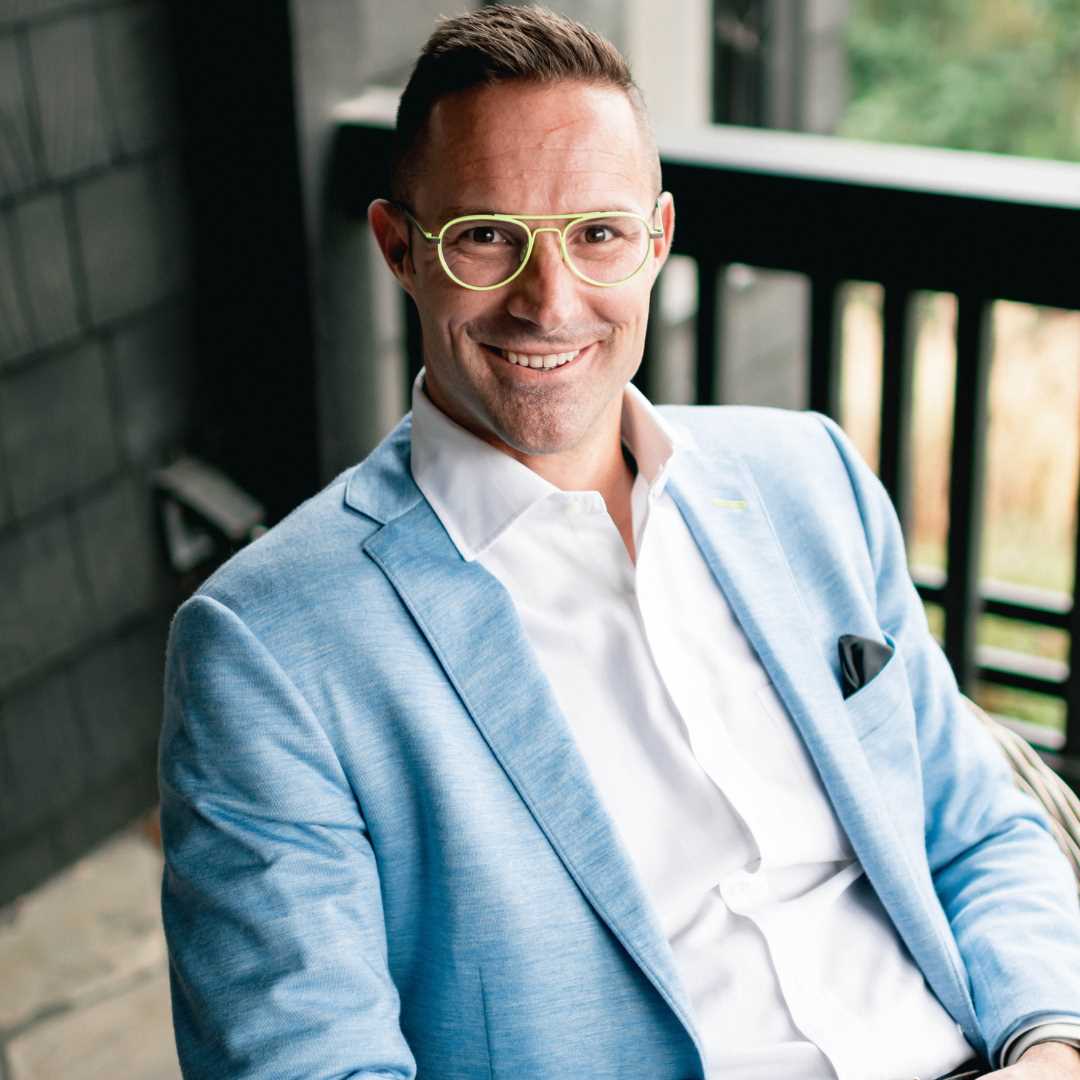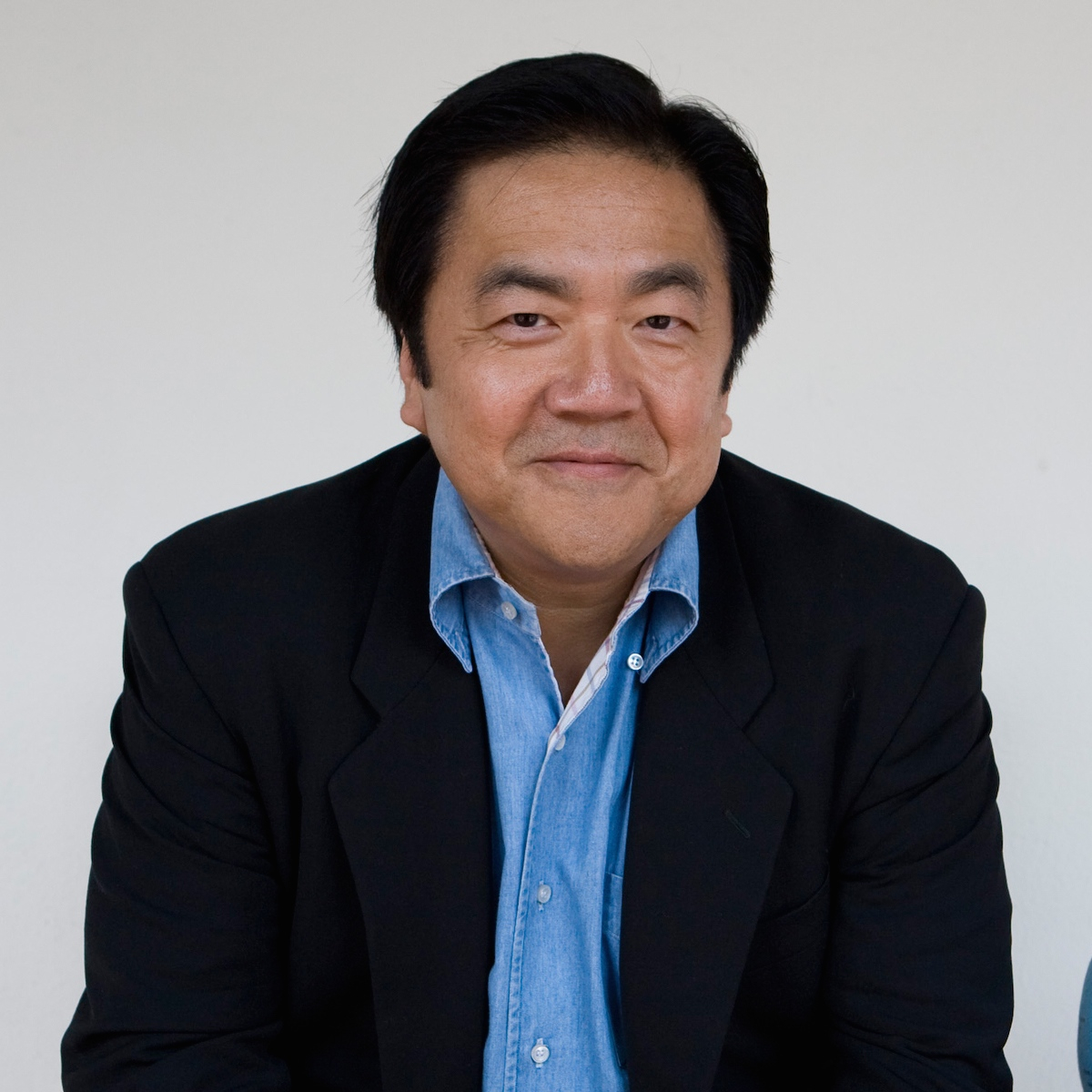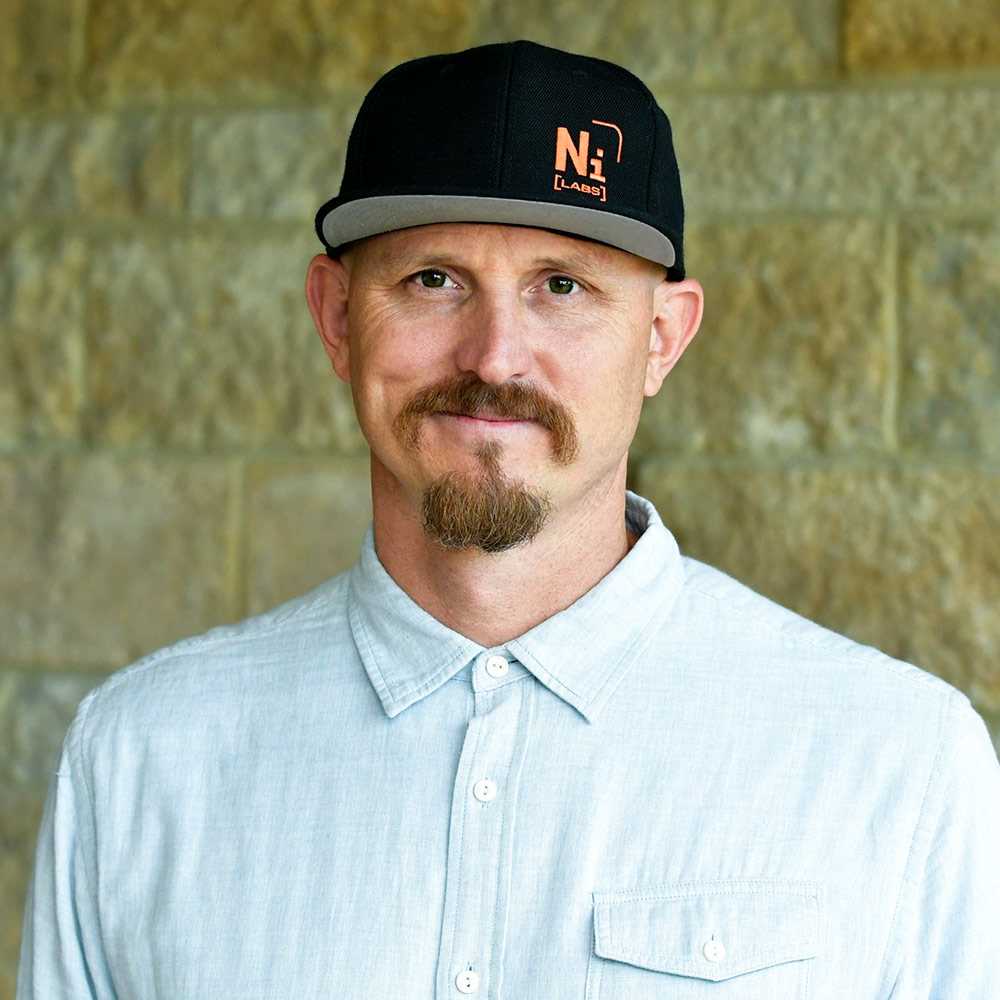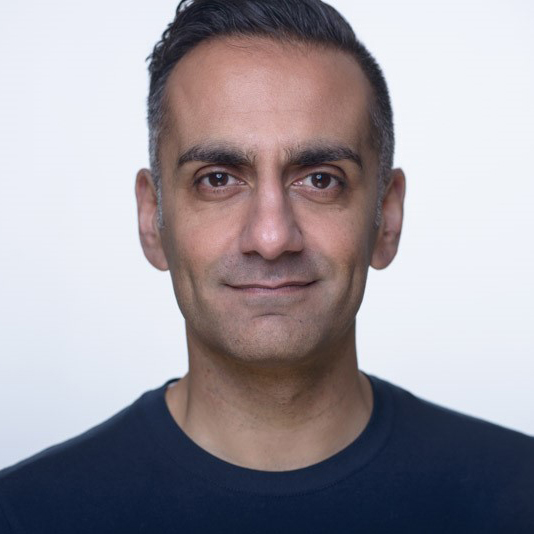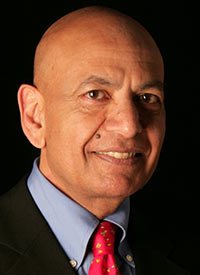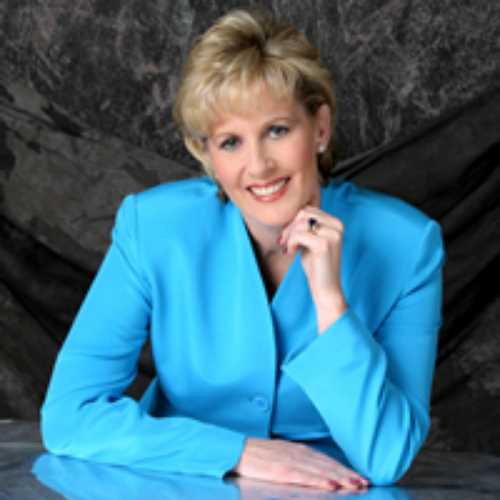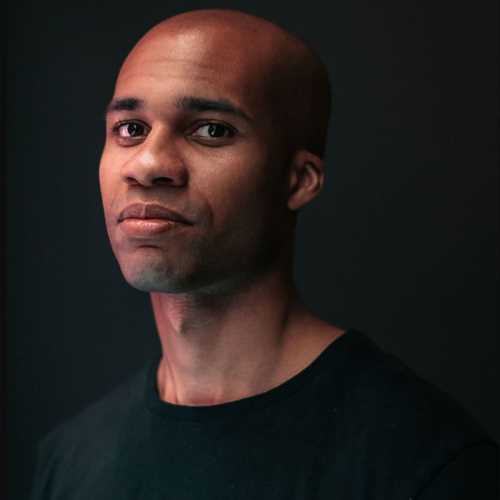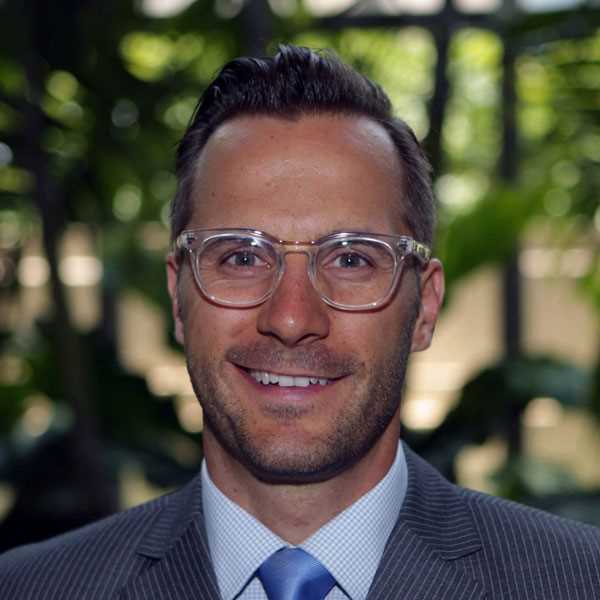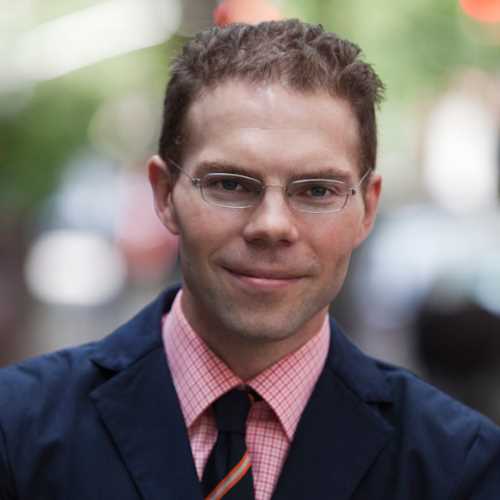
Greg Lindsay
- Senior Fellow of the New Cities Foundation
- Co-author of Aerotropolis: The Way We’ll Live Next
- Expert on Globalization, Urbanization and Innovation
Travels From
Canada
Greg Lindsay on Planning Cities Around the Known Unknown
Central Houston 2022 State of Downtown Keynote, Greg Lindsey
Greg Lindsay Speaker Biography
Hailed as an expert on the future of travel, technology and urbanism by The New York Times, The Wall Street Journal and CNN, Greg Lindsay, is a journalist, futurist and established authority on globalization and innovation. Described as “intellectually stimulating and thought-provoking,” the two-time Jeopardy! champion (and only human to go undefeated against IBM’s Watson) has been invited to share his insights at the Aspen Ideas Festival, the U.S. State Department and with several Fortune 100 companies, including Google, Intel, Boeing and FedEx. His upcoming book, Engineering Serendipity is anticipated to delve into how innovative organizations are harnessing social networks and developing new ways of working to cultivate new ideas, inspire collaboration and spur employee engagement and innovation.
With more than a decade of writing and research on globalization, urbanism, innovation and adaptability, Lindsay has produced groundbreaking insight featured in leading outlets, including Harvard Business Review, Bloomberg Business, McKinsey Quarterly, World Policy Journal, and on NPR and the BBC.
Lindsay is the director of the Emergent Cities Project at the World Policy Institute, a visiting scholar at NYU and a contributing writer for Fast Company. He received critical acclaim as co-author of Aerotropolis: The Way We’ll Live Next, hailed as an essential guide to the 21st century.
Recognized for his sharp intelligence, quick wit and brilliant perspective, Lindsay engages audiences with mind-blowing insights on globalization, offering fascinating visions of our interconnected future, the potential challenges and opportunities, and unique perspectives on everything from office cubes to advancing technologies changing human behavior.
The Way We’ll Live Next
Offices are empty. Downtowns are dead. The suburbs are Millennials’ future. At least two of these truisms are wrong, but why? Employees may be grudgingly returning to the office, but work-from-anywhere is here to stay. That doesn’t mean the end of the work week, but new ways and patterns of living and working together closer to home, with more flexible real estate and employment to match. That, in turn, means rethinking who and what cities are for. Forget downtowns versus their suburbs; how can we imagine new uses for old high-rises and new districts to replace dead malls? Because behind the scenes, inflation and technology is quietly turning retail, groceries, and dining inside-out through data, delivery, and automation. And above all looms the threat of climate change and the opportunities of AI and spatial computing to transform the Internet — and the world — as we know it. Drawing on his research and foresight work for Cornell Tech, Climate Alpha, and MIT’s Future Urban Collectives Lab, Greg Lindsay explores the urban and real estate implications of our never-normal landscape and explains why the future will be less remote and more human than you might think.
Autonomous Everything: AI, the Future, and What We Can Do About It
The robots are coming — not to steal your job, but to invent entirely new ones. Recent advances in artificial intelligence such as OpenAI’s ChatGPT coupled with automation point toward an increasingly autonomous world in which agency and personality is embedded in thinking machines. Autonomy will not only transform how and why we work, but also how we think, discover, decide, and even deceive ourselves. What we imagine and produce — along with how we sell it — will take strange new twists and turns as AI increasingly predict, suggest and convince us do it. In this wide-ranging and eye-opening talk on the promise and perils of cutting-edge AI, author and futurist Greg Lindsay explores how autonomy is already upending society, and what we can learn from organizations such as NATO, the U.S. military, and the Secret Service about what to do about it.
Where Will You Live in 2050?
Nearly half of Americans were victims of a climate disaster last year — whether fire, floods, heat waves or hurricanes — with insurable losses of more than $100 billion. As people wake up to the realities of climate change — and the growing threat to their homes, livelihoods, and families — many are beginning to ask, “Where should I live someday?” Fortunately, we have answers. Combining climate science with demographics and using artificial intelligence, we can predict tomorrow’s more resilient regions. Climate change isn’t just a story about mounting catastrophes, but also opportunity — if we harness the right technologies, policies, and political will to build back better elsewhere. Drawing on his work with the startup Climate Alpha, Greg Lindsay offers cutting edge analysis and maps to explain why and where a warming world may still have shelter for us all.
Everybody for Themselves: How to Work, Together
After two years apart, Americans have forgotten how to work together. This is evident in the ongoing tug-of-war over the office. This framing — are we better off alone or in-person? — has dominated debates about our post-pandemic destiny. But neither managers nor workers have stopped to ask what it means to be together, whom we should be together with, and how we can be together. If the overnight adoption of remote work proved many of us can work from virtually anywhere, with anyone, what’s stopping us from taking it a step further and working with, well, everyone? Because solving the challenges that lie ahead of us on the far side of the pandemic requires working together at a scale greater than any one government or company ever has. In this far-reaching new talk, Greg Lindsay explores new ways of being and working together in a world in which corporate silos have cracked open and frustrated employees have spilled out, desperate to reconnect. Drawing upon dozens of post-pandemic examples as well as his own web3 experiments in building a distributed autonomous organization, or DAO, he offers audiences a vision of what it means to be together — how, why, and with whom — very soon.
Where the Robot Meets the Road
A decade ago, self-driving cars were science fiction leftover from The Jetsons. Today, Google and Tesla are leading a breakneck autonomous arms race, as the global auto industry races to build electric AVs at a cost of hundreds of billions of dollars. But a self-driving SUV may prove to be the horseless carriage of autonomy — rapidly eclipsed by new species of self-driving scooters, deliverybots, and buildings with a mind of their own. How are these technologies already transforming the way we see, understand, and get around cities? How have they helped China, Japan, and Korea mitigate the worst effects of the coronavirus lockdown? What effects will they have on where we live, work and play, and what are the opportunities and threats for automakers, technology firms, public transit, employers, and developers? Drawing upon his work with BMW, Intel, MIT, the Bloomberg Philanthropies, the Aspen Institute, and NewCities, Greg Lindsay offers a tour of future urban mobility and how they promise to transform our cities in the coming decades.
The Future of the Future
The future isn’t what it used to be. As the pace of social, technological, and environmental change accelerates, organizations are struggling just to make sense of the present, let alone spot threats and opportunities looming just over the horizon. The ability to anticipate, understand, plan for, and innovate around uncertainty has become a critical skill for designers, innovators, and strategists everywhere. As the computing pioneer Alan Kay once said, “the best way to predict the future is to invent it.” Futurist, author and NewCities director of applied research Greg Lindsay will teach a crash course in exactly that. The practice of creating futures, or “foresight,” offers a toolkit and framework for detecting signals of change, organizing insights, synthesizing possible futures, identifying potential barriers and opportunities, and designing innovative products, services or ideas that satisfy emerging needs. In addition to lecturing on possible futures, Greg is available to lead participants through a fun, fast-paced workshop in which they create futures of their own.
Engineering Serendipity
How do we bring the right people and the right ideas to the right place at the right time to create something new, when we don’t know who or where or when that is, let alone what we’re looking for? This is the paradox of innovation – new ideas don’t follow org charts or schedule themselves for meetings. Greg Lindsay describes how organizations like Google, the U.S. Military Academy, United Health Group, and the International Red Cross are “engineering serendipity.” They’re harnessing sensors, social networks, and new ways of working to break down the boundaries between new teams, discover new ideas, inspire collaboration and creativity, and to spur employee engagement, learning, and innovation. How, where, and who we work with will never be the same.






